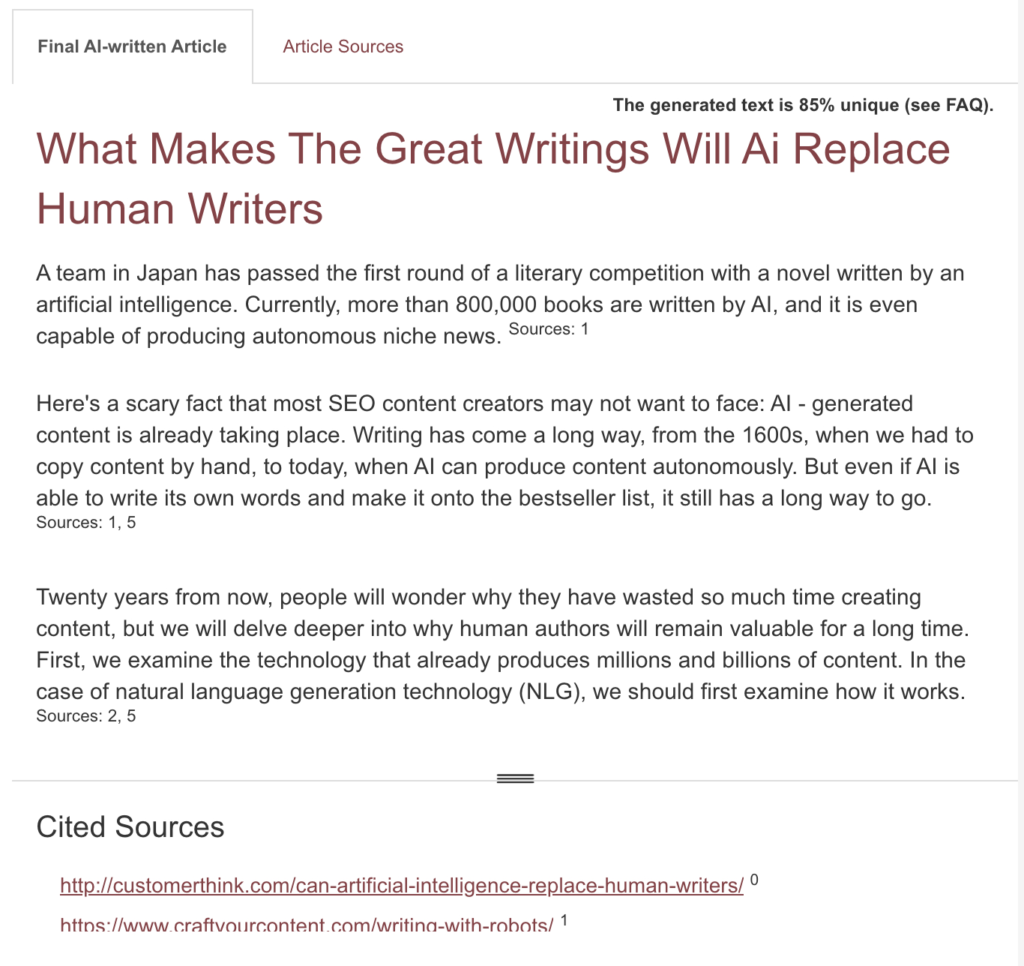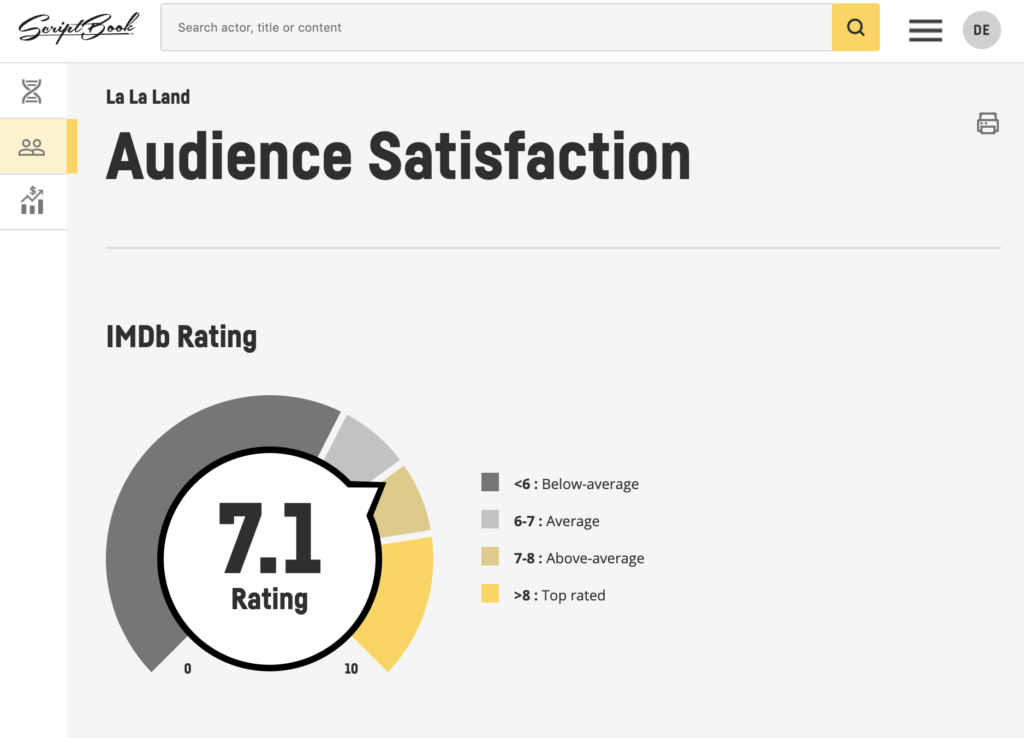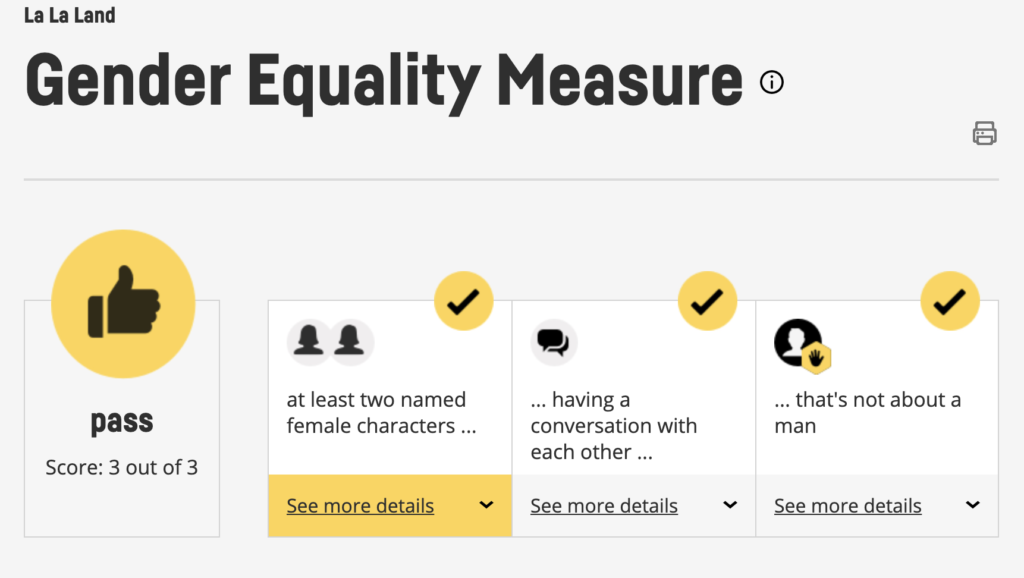Books and Movies in the era of AI

Will AI help writers creating better content, or will it destroy the creative nature of it?
Right before HBS, I worked at a seed-stage start-up that publishes serialized fiction on a mobile platform. There were thousands of writers publishing their stories on the platform. The company was struggling to put which stories on main – the company was struggling to find the formula that makes the great content. Is the key ingredient the length of one episode, the complexity of words, or the theme of the fiction? In what way should the book cover be designed? Convincing the writers to follow such guidance was one other challenge that the company faced.
This experience led me to think about the following question:
Will AI-be able to replace the great writers?
As for now, a long way to go. So far, AIs only can generate content based on the human-written fictions that are fed into the neural network. However, the result has been incoherent, nonsense novels.
One great example is a short film written entirely by an AI in 2016. The director fed hundreds of screenplays into the AI, but the script does not make any sense. Here is a glimpse of the script.
Man 1: In a future with mass unemployment, young people are forced to sell blood
Woman: You should see the boy and shut up. I was the one who was going to be a hundred years old
Man 1: (Vomits up an eyeball)
Man 2: Well, I have to go to the skull
In shorter-clips, the algorithm has been improved a lot and was able to generate a good-quality advertisement for Lexus in 2018. The clip below is written solely by an AI, based on 15-years worth of luxury ads.
I also have tried to replace my effort to create this article with the help of a service called AIwriter. The service generates an article if you feed in the title to the AI. As shown in below, it’s a pretty bizarre article that I could not use. (This blog post is not generated by an AI.)

Will AI be able to help writers/publishers?
So instead of focusing on ghost AI writers, Hollywood and big publishers have been investing in AI platforms to generate better content for the audience.
ScriptBook is one of the services that help writers to assess and predict the performance of the script. If a writer feeds in the scenario, the AI predicts numerous factors, such as the target audience the script would best appeal, the audience satisfaction (i.e., Rotten Tomatoes critics, IMDb ratings), gender equality measures, and the appropriate production budget to reach the max ratings.


One other service called Merlin also provides in-depth audience analytics for film studios. It assesses movie trailers frame by frame. It clarifies the objects at a particular level (i.e., facial hair, tree, forest). Then, the AI compares the assessment with the other movie trailers and gives the film studios which audience would the trailer attract most. For example, it predicted that Logan would attract the same audience of X-men, John Wick, and Doctor Strange. The result was mostly in line with the actual in-person survey, and surprisingly intuitive in the sense that it predicted non-superhero movie like John Wick.
It is obvious that AI could be at least a good companion for writers, giving them data-based feedback and guidelines.
However, one remaining question is: Is AI killing the creative realm of the content creators? Writing has been considered an art for a long time. There have been many incidents that a scenario/fiction that no one could see it becoming a hit, becomes a world-wide big hit. This unpredictability is one of the things that make people enthusiastic about creating and consuming content. In the world where AI will guide all writers, would all content look the same? Will there be any fresh, eye-opening content?
Sources
[1] ‘It’s a war between technology and a donkey’ – how AI is shaking up Hollywood, The Guardian, 2020, https://www.theguardian.com/film/2020/jan/16/its-a-war-between-technology-and-a-donkey-how-ai-is-shaking-up-hollywood
[2] If a novel was good, would you care if it was created by artificial intelligence?, The Guardian, 2020, https://www.theguardian.com/commentisfree/2020/jan/27/artificial-intelligence-computer-novels-fiction-write-books
[3] 20th Century Fox is using AI to analyze movie trailers and find out what films audiences will like, The Verge, 2018, https://www.theverge.com/2018/11/2/18055514/fox-google-ai-analyze-movie-trailer-predict-success-logan



Haerin, this is such an interesting topic! (I also loved your sense of humor ?)
I used to think that no matter how sophisticated AI gets, it won’t be able to match human’s creativity, but it seems like AI is getting closer and closer in that realm too.
That said, I think the area where AI will still not be able to deliver is the impact the art has on humans. Even though the output may me similar quality, the art created by AI will not have the stories behind the art as the art created by humans. For instance, if I listen to two pieces of beautiful classical music, one created by Beethoven and one created by AI, knowing that Beethoven created the music while he was struggling with deafness would have much more impact on me. Therefore, when we think about AI and creativity, I think we should not forget about for whom the art is created for, and not just about how good the output is.
Thanks for a great article Haerin! I think your AI generate blog post was better than your actual one, so you might want to reconsider using that one instead (just kidding). My view on this is that AI will not come close to replacing humans in content creation until we develop AI that is fully capable of simulating human understanding of language and meaning. Since we’re not there yet, usually any “creative” content written by AI will end up being nonsense. Once we cross the chasm of self-aware AI, the possibilities would be endless and the machines would take over (Ex-Machina style). I do find that using AI to guide which type of content to write will inevitably limit the extent to which we have diverse content, since machines will guide most writers into scripts that will please “the majority”.
What a fascinating topic! While this may be a chicken-and-egg issue, what I find interesting is that these algorithms reflect the fact that audiences have reached a degree of homogeneity in terms of taste and interests that they can detect a certain type of magic formula that ‘works’. As a fan of independent films, I would hope that this actually creates more impetus for creators to fight the trend and make original content that pushes conventional film plots and presentation. At the same time, I can imagine that it’s precisely because independent film studios are also cash-strapped that they would find the help of algorithms to be appealing if it can attract greater audiences and be more cost-efficient. I think this tension between originality/creativity and cost-efficiency/ROI will continue to deepen as AI technology becomes more widely deployed.
Super interesting Haerin! It is crazy to imagine a world created by AI content!
I think it is interesting to compare the Sci-Fi short film and the Lexus ad. Since both were written by AI, you can see the strengths and weaknesses of using a computer to generate content. The overall themes of the short film make sense given the genre, but the dialogue is nonsensical and the lines don’t flow or work together. In the Lexus ad, there is limited dialogue so the themes are able to convey a more powerful message.
To me, this suggests that AI might be more effective at selecting high level concepts, rather than producing detailed content or scripts. Asking AI to imitate the nuance of human conversation is difficult, but it seems the computer is good at picking out and surfacing common themes and storylines. In addition to the AI tools referenced in the article, I can imagine a world in which AI is used to suggest content subjects, leaving the actual writing to artists and creators! This may narrow the scope of content, but would still allow for creativity to come through in how themes are handled and produced.
Thanks for an interesting post (and some laughs), Haerin! I agree with @Miho’s point about the story and emotion behind an artist or writer and the impact these elements have on my experience as a consumer of their work. This may be less true for trashy series on Netflix or one-hit wonders, but I feel a human connection to my favorite writers and musicians despite never meeting them. That may explain why the writers and performing artists who are most successful in the long-term build a following around who they are as people, beyond just their writing or music. Algorithms can’t do that, even if they can optimize music to current tastes. [If anyone wants to try their hand at AI-generated music, check out: https://magenta.tensorflow.org
Thanks for posting a great article, Haerin. The success of this AI-isation concept seems to rest upon how accurately it can predict consumer taste and preferences. The pre-requisite or underlying assumption is then everyone’s taste or preference (at least in a group with critical) will converge at some point. Creativity aside, I wonder if this idea will fly nowadays given our emphasis on celberating differences and individuality. Maybe after all we are all the same, with similar fear, joy, concern, and interests.